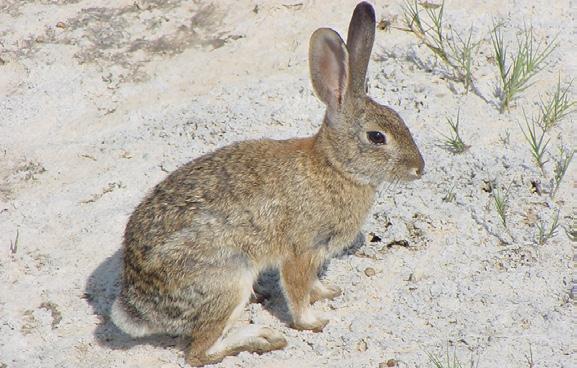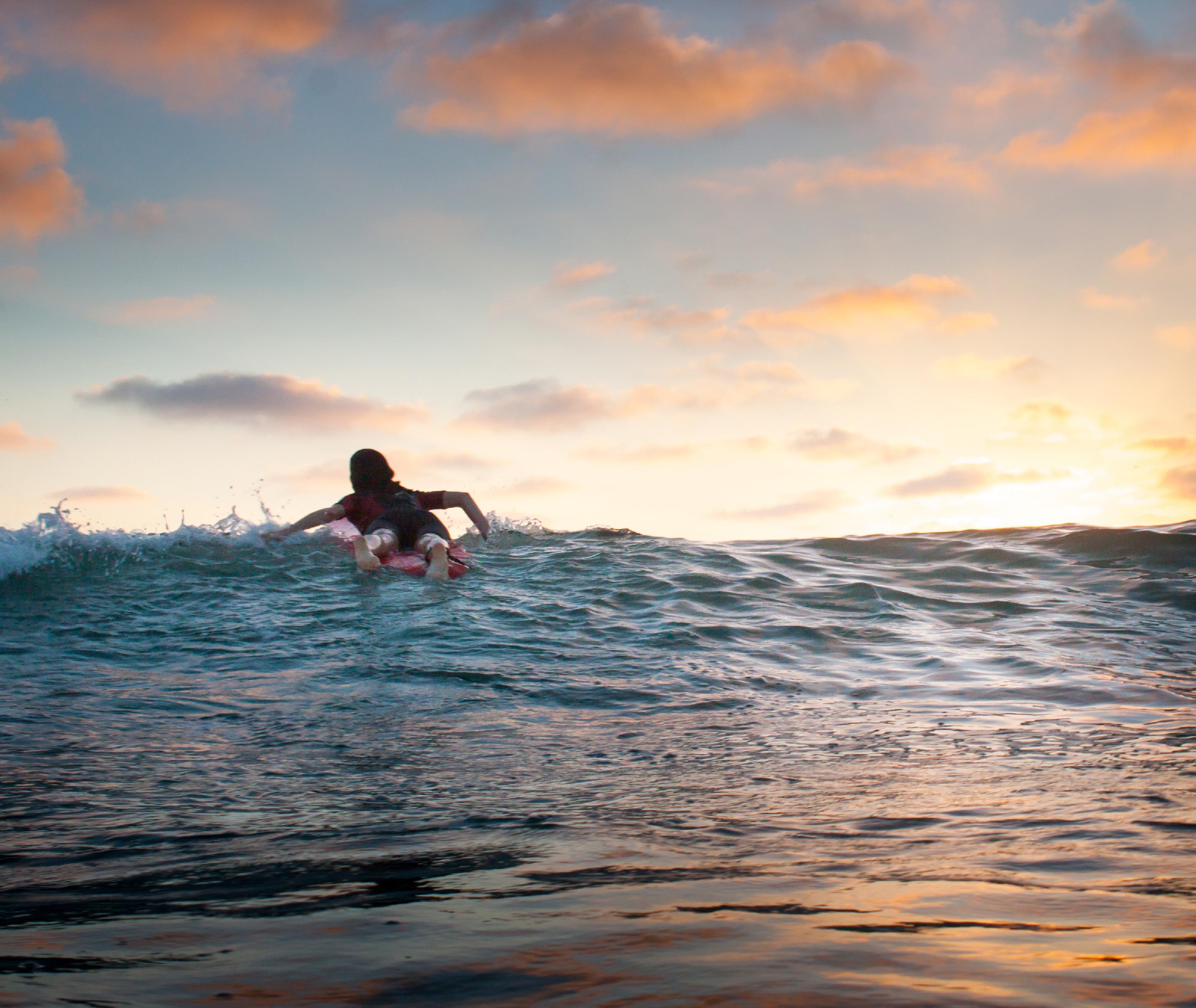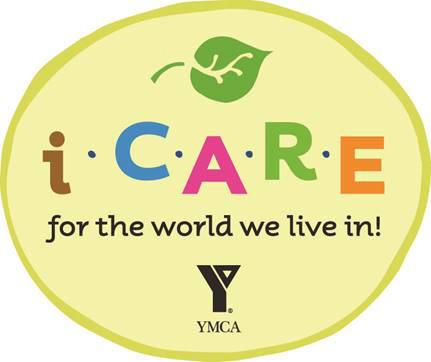
4 minute read
FIFTY YEARS of STEWARDSHIP
FIFTY YEARS of STEWARDSHIP
Interactions with nature are good for the heart and soul. Spending time outdoors improves health, learning, problemsolving, and memory, along with other benefits we are just starting to understand. YMCA Camp Surf’s location on the coast in Southern California is incredible. The fact that its 45 acres includes a sandy beach, gentle left break, tide pools, and coastal wetland creates the perfect backdrop for nurturing deep connections to nature.
Advertisement

YMCA Camp Surf was started to provide outdoor opportunities for youth. Programs have evolved over the years, and life-changing outdoor experiences have always been the goal. In the 1990’s the YMCA focused nationally on the 4 “core values” of Caring, Honesty, Respect, and Responsibility. Camp Surf took that to also mean respect for all living things, and included environmental stewardship as part of Responsibility. In 2004 staff developed a Waste Reduction Plan that over time became the iCARE Plan. iCARE was started by YUSA to bring environmental stewardship to YMCA camps across the country. Leadership changes at YUSA moved in a different direction, but YMCA Camp Surf continued to be an iCARE champion.
Having an Environmental Stewardship Plan changed the culture of YMCA Camp Surf. All departments and staff worked together to learn and make changes in order to reduce consumption of natural resources, minimize waste, and promote sustainable stewardship. More importantly, the staff wanted to model those choices for the kids and families that participated in camp programs. The plan was updated annually to meet changing needs, and to consider new information and options.
Recycling efforts increased, and recycling bins were placed next to every trash can to emphasize choices. Reducing and reusing resources was even more important than recycling since, by the year 2000, more than 15,000 people visited YMCA Camp Surf every year. Disposable food service items were eliminated and paper plates and plastic ware were no longer used for convenience. Campers on trips started washing plates and cups. Cloth napkins replaced paper napkins, and guests donated unwanted mugs to replace paper coffee cups. The message was clear: YMCA Camp Surf was taking the extra step to reuse items, instead of creating cheap and easy “convenience” garbage.

Facility development was a continual opportunity to consider sustainable choices. Rebuilding Waterman cabins presented an opportunity to have an “off-grid” solar village. Walter’s REEF construction included biocompatible soap and a grey water system that drained into mulch beds to water plants. The interior of McKinney Oceanfront Center has numerous examples of reclaimed wood, old furniture, and salvaged brass ship lights. Setting a positive example created constant teachable moments for sustainability.

Resource conservation was another important aspect of role modeling for camp guests. YMCA Camp Surf has a lot of light bulbs! Incandescent bulbs were changed to compact fluorescent, and then again to LED to save energy. Camp installed a chilled water bottle filler to encourage reusable water bottles (and stopped selling single use water bottles in the camp store). One of the larger impacts was the implementation of Meatless Meal days for each group. The kitchen used a wide variety of creative protein substitutes to model alternatives to meat that are not only healthy for guests, but also for the planet.

Compost is another part of YMCA Camp Surf meals that is healthy for the planet. Since 2004, left over coffee grounds, tea bags, plants, and grains all go into compost buckets during food prep and at the end of each meal. By involving all guests in this process, ~250 cubic yards of food waste was diverted from the landfill each year. From 2004-2019, that is enough to fill a baseball diamond 13 feet high with food waste. Instead of sending all that to the landfill, it was mixed with straw from old archery targets, grass clippings, and dirt. Guests are told that in 6 months their food scraps will become soil to be used in the gardens around camp.


Protecting Habitat and habitat restoration is part of the YMCA Camp Surf mission and responsibility. Protecting and enhancing the wetland area was an on-going process for staff and volunteers. Invasive plants were removed, and butterfly gardens were developed throughout the camp center. Walkways were added to minimize impact, and beach wrack, the piles of kelp that wash up on the beach, was left alone because it plays an important role in protecting and feeding birds and invertebrates.
YMCA Camp Surf took action because the staff care about the environment and doing the right thing. They also made an effort in order to set a positive example, and to educate campers and families about opportunities and choices they make at home.

– BABA DIOUM












